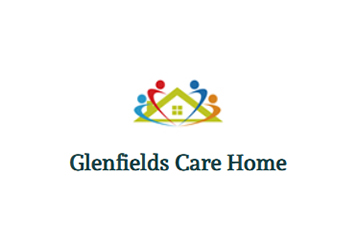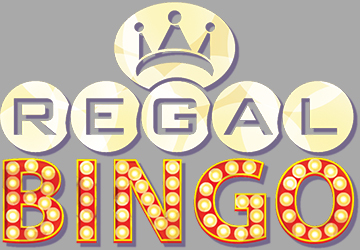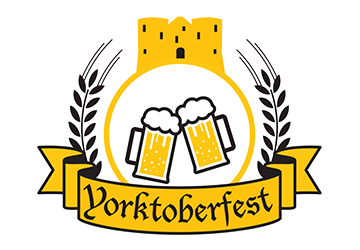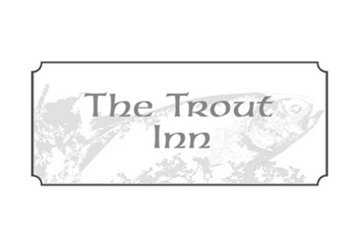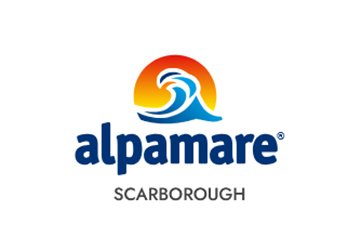A yellow heat-health alert is in place for Yorkshire and the Humber until 5pm on Thursday, 27 June.
Now we are finally seeing a spell of sunny weather, it’s a good time to remind family and loved ones about staying safe during hot weather…
As well as making sure everyone has their sun hats, sunscreen and water at the ready, it is also worth reading up on heat exhaustion and heatstroke on the NHS website, so you know the symptoms and what to do: Heat exhaustion and heatstroke – NHS (www.nhs.uk)
Ask friends, family or neighbours if they need any help keeping cool.
The UK weather health alerting system is provided by the UK Health Security Agency (UKHSA) in partnership with the Met Office. It aims to provide early warning to services when temperatures are likely to impact on the health and wellbeing of the population.
View the UKHSA map for weather health alerts: Weather alert for yorkshire-and-the-humber | UKHSA data dashboard
What does a yellow heat-health alert mean?
There is likely to be increased use of health care services by vulnerable people and an increase in risk to health for individuals over the age of 65 or with pre-existing health conditions, including respiratory and cardiovascular diseases. There is also the potential for overheating indoors.
Register to receive hot weather alerts: Weather-Health Alerting system registration form (office.com)

Top tips to beat the heat:
- If heading outdoors or travelling remember to take plenty of water or other hydrating drinks with you
- Protect yourself from the sun during the hottest hours of the day, usually between 11am and 3pm
- Keep your home cool by closing windows, blinds and curtains in rooms that face the sun
- If you do go outside wear an appropriate hat and sunglasses, seek shade and apply sunscreen (with a sun protection factor (SPF) of at least 30, and 4 or 5 star ultraviolet A (UVA) protection)
- If you are going to do exercise or walk the dog etc, plan to do these during times of the day when it is cooler such as early morning or evening
- Children in prams or pushchairs – keep them in the shade, remove excess clothing, ensure there is adequate air flow and check the child regularly to ensure they are not overheated
- Check on family, friends and neighbours who may be at higher risk of becoming unwell, and if you are at higher risk, ask them to do the same for you
- If someone is overheating they should drink cool water, a sports or rehydration drink, or eat cold and water rich foods like ice-lollies or watermelon
- Water and diluted squash or lower fat milks are good choices to drink when it’s hot. Fruit juice, smoothies and soft drinks can be high in sugar which dehydrates the body, as does alcohol!
Read more ‘Beat the Heat’ advice on the GOV.UK website: Beat the heat: staying safe in hot weather – GOV.UK (www.gov.uk)
You can also download a handy poster version here: Beat the heat (publishing.service.gov.uk)

Heat advice in the home
For some people, especially older people and those with underlying health conditions, the summer heat can bring real health risks.
Temperatures indoors can be higher than temperatures outdoors. Together with our local health patners we encourage residents to keep an eye on people you know who may be at risk this summer.
For loved ones and neighbours who may be inside during hot weather, it’s also a good idea to think about how we can help them reduce heat in their home:
- If possible, shade or cover windows
- Open windows (when it is safe to do so) when the air feels cooler outside, for example at night, and try to get air flowing through the home
- Use electric fans if the air temperature is below 35°C, but do not aim the fan directly at your body as this can lead to dehydration
- Always double check the heating is turned off!
- To reduce heat generated in the home, turn off lights and electrical equipment that are not in use and consider cooking at cooler times of the day
- Move to a cooler part of the house, especially for sleeping if possible
- It may be cooler outside in the shade or in a public building (such as one of our libraries, or supermarkets) so consider a visit as a way of cooling down if you are able to safely travel there without putting yourself at more risk from the heat.
Check out the health health alerts for this week: Heat health alerts | UKHSA data dashboard








